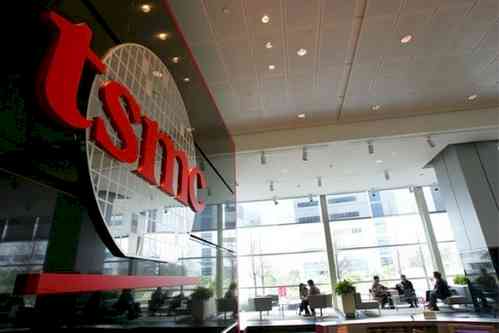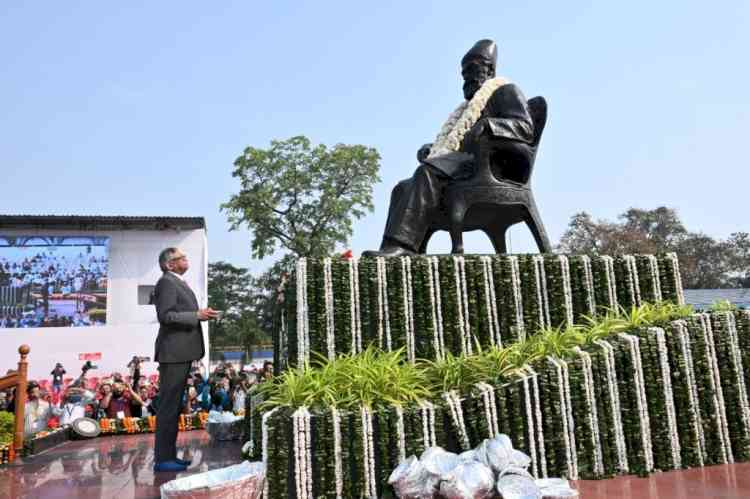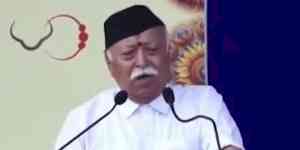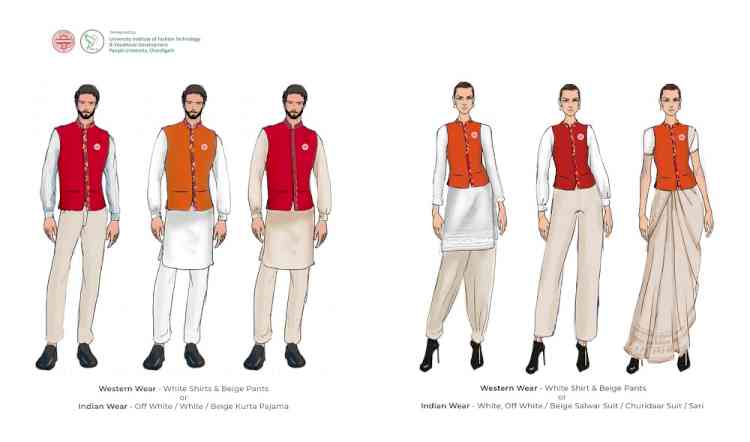Budget lays down roadmap for exports in medium to long term basis: FIEO
Focus on standards and quality will facilitate exports of quality products from India
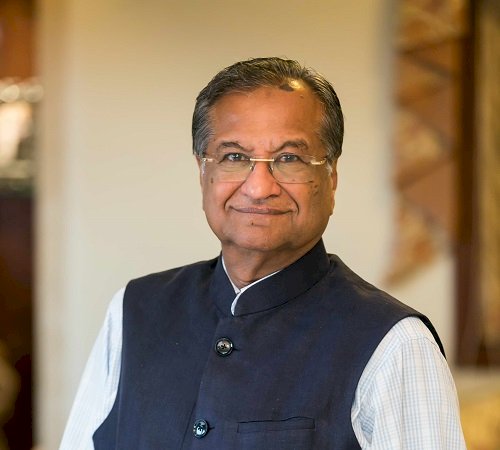
Ludhiana: FIEO President, Mr Sharad Kumar Saraf has said that the Union budget has attempted at structural changes in agriculture, horticulture and pisciculture, through 16 Action Points, to make India a major player in agro and allied sectors exports in medium to long term basis besides simultaneously doubling our farmers income.
The focus on standards and quality will facilitate exports of quality products from India fetching better unit realisation and enabling Indian manufacturers to meet the technical standards, barriers erected by many of our trading partners, while also stemming cheap quality imports thereby protecting the domestic industry.
The one district one product can be a game changer for exports. Substantial exports can be targeted by focusing at the district level besides creating exports culture in India. Such a strategy will be extremely helpful for upliftment of artisans and craftsmen. However, the scheme should be supplemented by forming “District Exports Council” on the pattern of United States and Germany to make districts vibrant and active partner in exports, added FIEO Chief. Active involvement of district collector is essential for this scheme to succeed.
The new scheme for electronic sectors including mobile, semi-conductors and electronic equipment will pave the way for increasing electronics exports from the country particularly of the mobile in which substantial domestic capabilities have already been created resulting in exports of mobile phones from India to Middle-East, South Asia and Africa. Further support to this sector, which has also been provided additional MEIS support recently, will help India to enter the markets of advanced economies as well.
Mr Saraf said that the scheme of NIRVIK will ease the lending process and enhance the availability of credit to exporters. Under the Scheme, the insurance over guarantee will now cover upto 90% of the principal and interest both on pre & post shipment credit. The ECGC currently provides such guarantee only upto 60% of the loss to the banks. The premium for the coverage will also get reduced thereby benefiting the MSME exporters. This in turn is expected to enhance accessibility and affordability of credit to exporters, besides, less provision requirement and liquidity due to quick settlement of claim ensuring availability of adequate working capital to the export sector. Looking into the rising uncertainties and slowdown, the scheme is most timely as credit defaults are set to rise in such challenging times.
President FIEO added that the new scheme to provide digital payment of the taxes which have not been integrated under GST like electricity duty or products & services not covered under GST such as petroleum products and electricity will help in providing some more competitiveness to our exports and moving towards the avowed objective of zero rebating of exports. While the scheme will be rolled out during the next financial year, the fixation of rates for a large number of products would require elaborate institutional mechanism to work out such rates. However, the scheme would be compatible with “Agreement on Subsidies and Countervailing Measures (ASCM)” of WTO thus can sustain exports on long term basis.
The various initiatives to improve infrastructure make the logistics efficient including proposed announcement of the New Logistics Policy will help exports as infrastructure bottlenecks affect the supply side of Indian exports.
Mr Saraf hopes that the Finance Minister will consider the challenging times being faced by exporters as can be seen from the lack of growth in exports in spite of various opportunities thrown up due to US-China trade war and other geopolitical issues . Prime Minister has rightly acknowledged exports as an important component of economic growth. Mr Saraf expects some relief to exporters in the supplementary budgetary provisions that may come up during the debate on the budget including legacy dispute scheme for customs duty on the lines of direct tax disputes.



 cityairnews
cityairnews 

